
Philadelphia Eagles football is in full swing and the tailgating season has arrived. Yet, keep in mind during all of this celebrating that you still have to make it home safely. Many Philadelphia sports fans live in New Jersey and, therefore, have to make a return journey across one of the nearby bridges after the game. Over and near those bridges the Delaware River Port Authority police (DRPA) patrols. This police force has the ability to make car stops and arrests on the bridges and in the areas by the bridges on both sides of the river. If you were…Read More
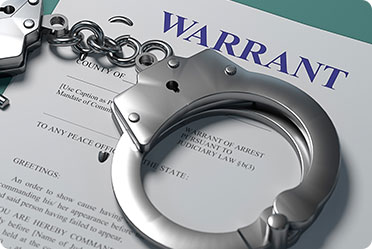
What happens when someone is accused of a crime and under criminal investigation in one state, but that person lives in another state and failed to appear for court? This complicated legal issue is difficult for the judicial systems in both states, as well as the person that has been charged, and may include a warrant for that person’s arrest leading to possible interstate extradition. Thankfully, there is a process for handling situations like this countrywide and in states such as New Jersey and Pennsylvania. Even for DUI cases, which may not seem to be serious criminal matters, those arrested…Read More

Residents of Pennsylvania have the fortune of being able to enjoy the pleasures of boating in the many nearby lakes and rivers. Although the summer has ended, the boating season is still alive. Both avid and casual boaters need to keep in mind the severe penalties for boating under the influence of alcohol or drugs before making a decision to pilot a boat. In Pennsylvania, boating or “operating watercraft” under the influence (BUI) carries similar penalties to those imposed for DUI (driving under the influence). Both have a three-tiered blood alcohol concentration (BAC) system that calls for imprisonment based upon…Read More
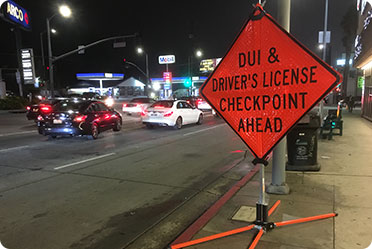
Labor Day weekend approaches and so does heightened DUI patrolling. One of the DUI detection methods used during the holiday is the roadblock or checkpoint. These DUI roadblocks are supposed to be minimally intrusive and brief in duration for any driver who is not breaking the law. Nevertheless, if you are under the influence of alcohol or drugs, then most likely the roadblock encounter will end up in your arrest. Here’s what to expect from a DUI checkpoint. Before a driver arrives at a checkpoint, there should be advanced warning in the roadway that a roadblock or checkpoint is ahead. …Read More
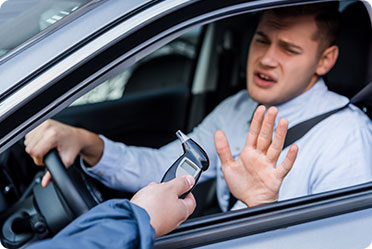
When you hear about a breath test or a breathalyzer, you may think of it as a single device, but the truth is there are many different types, and not all breath tests are equal. That can be good news for you if you are facing a DUI charge. Some tests are not very reliable, and because of this, sometimes judges will completely toss out the results of a case. Some manufacturers also do not release information on how their machines work, so it can be difficult to prove that the results are accurate in court. An experienced DUI lawyer will know…Read More
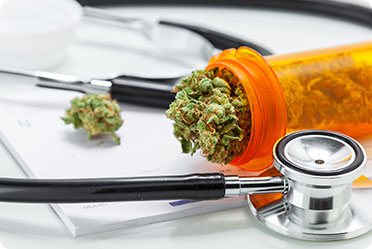
Although New Jersey and fifteen other states have passed medical marijuana laws, this will not keep you safe from the issues of smoking marijuana and a possible DWI charge. Here’s what you need to know about how the 2 situations can collide to cause you legal problems: It’s probably obvious that you shouldn’t drink alcohol and drive, because if you’re pulled over and the police determine you’re intoxicated, then you will be arrested for DWI. The same goes for smoking marijuana. If you are smoking marijuana or have recently smoked and are pulled over while you’re high (impaired), then you will…Read More
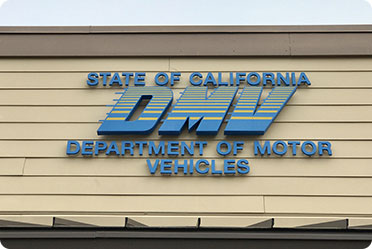
Ignition Interlock Devices (IID) are being used in many different states as a method to curtail drunk driving. Across the country, there is a lot of variation on how the devices are being used. Pennsylvania has taken some unique steps in how it enforces the use of IIDs in its state. An ignition interlock device is a breathalyzer that is incorporated into the ignition function of a car. The device overrides a car’s ability to start without a passing score on its attached breathalyzer. The IID is small, non damaging to the vehicle, and quick to install. Models and state requirements may…Read More

If you’ve been arrested for DUI / DWI, you’re probably feeling tremendous stress, fear, and embarrassment. It’s likely you just want the situation to go away, and with good reason – it’s mentally traumatic to be labeled a “criminal” and to have to face a judge who will decide your fate. Unfortunately, there are people who can’t handle the stress of a drunk driving charge and decide to flee the situation and not appear for court, hoping they can avoid any jail time or other penalties. The judicial system has established penalties specifically for these types of situations, and you…Read More

Here’s the scenario: You spent a great weekend at the shore during the Fourth of July weekend. It’s Monday night. You want to avoid the evening traffic of vacationers and the morning rush-hour traffic on the AC Expressway. So, you decide to hit the road for home at around 10 p.m. At the Hammonton Exit, you start to feel the activity of the weekend catch-up to you. Your eyelids are getting heavy, but you know that you only have 30 minutes until you are home. You tell yourself that you can make it without pulling off the highway to wake…Read More
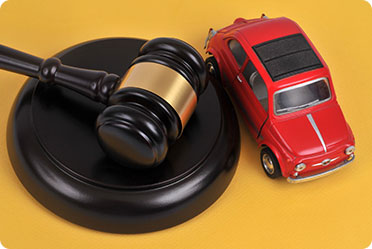
Various states, such as Pennsylvania and New Jersey, have enacted laws that require even first time DUI / DWI offenders to have an ignition interlock device (IID). This device is typically the size of an older, larger cell phone, and is installed in a way that it integrates into the starting system of your vehicle, preventing you from operating the vehicle if the IID senses you have a blood alcohol level that is above the limit set on the device. How Does an Ignition Interlock Device Work? In brief, the IID is a mini breathalyzer connected to the ignition switch…Read More